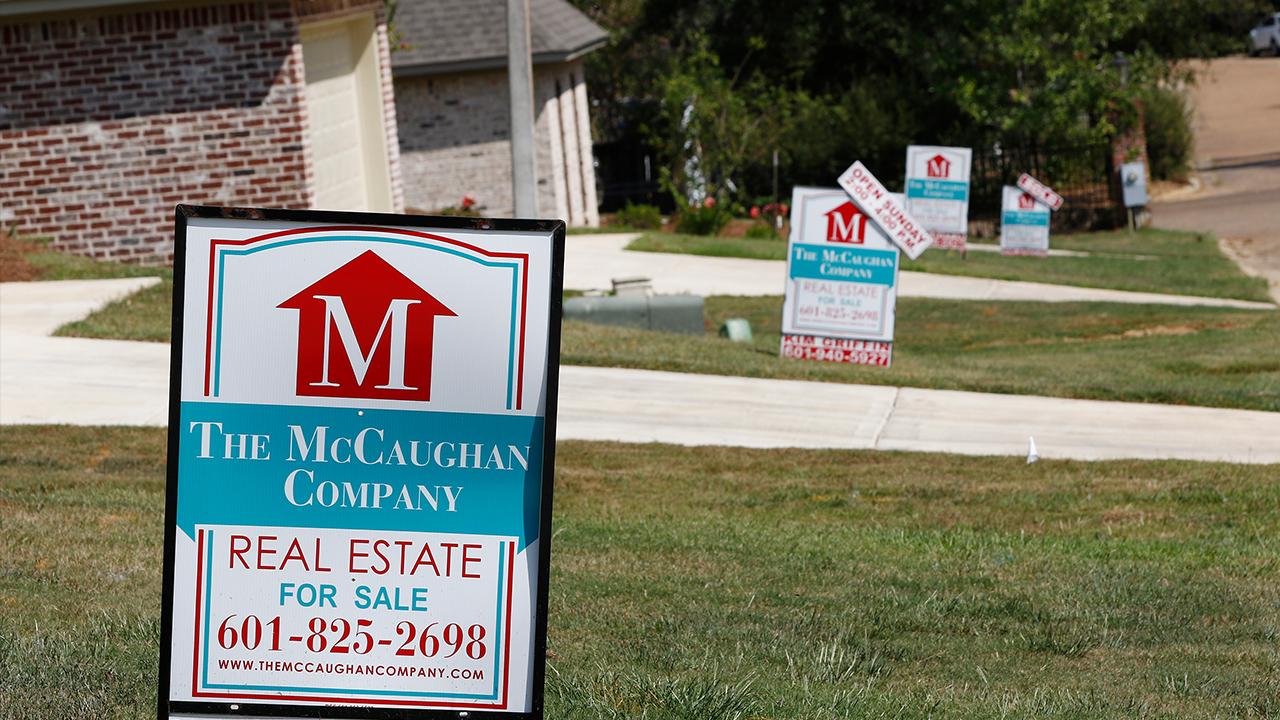Mortgage loan refinance fee postponed until later this year, FHFA says
New guidance also exempts loans with balances below $125,000
The Federal Housing Finance Agency said on Tuesday that a new fee scheduled to go into effect next month, which would have made it more expensive for homeowners to refinance their mortgage, will be postponed.
The FHFA directed Fannie Mae and Freddie Mac to hold off on implementing the adverse market refinance fee until Dec. 1 – at which time the 0.5 percent fee will be imposed on both cash-out and no cash-out refinance mortgages sold to the GSEs. It will not, however, affect purchase mortgages.
The new guidance also stipulated that Fannie and Freddie will exempt refinance loans with loan balances below $125,000.
As previously reported by FOX Business, earlier this month Fannie and Freddie said the fee would go into effect on Sept. 1, while acknowledging the policy was a consequence of the coronavirus pandemic.
The Sept. 1 timeline meant some borrowers who did not secure their rates could face unexpected, higher costs.
REFINANCING YOUR MORTGAGE JUST BECAME MORE EXPENSIVE, HERE’S WHY
On Tuesday, the FHFA said the fee is necessary to cover coronavirus-related losses of at least $6 billion, including forbearance costs and foreclosure moratorium losses.
Fannie Mae and Freddie Mac do not originate loans – instead they purchase and guarantee them on the secondary market.
GET FOX BUSINESS ON THE GO BY CLICKING HERE
The policy was met with widespread and immediate criticism by some in the industry who said it undermined efforts to provide relief to homeowners.
In a statement, Mortgage Bankers Association president and CEO Bob Broeksmit said the directive was “ill-timed,” “misguided” and “flies in the face of the administration's recent executive actions.”
“Requiring Fannie Mae and Freddie Mac to charge a 0.5 percent fee on refinance mortgages they purchase will raise interest rates on families trying to make ends meet in these challenging times,” Broeksmit said. “This means the average consumer will be paying $1,400 more than they otherwise would have paid.”
The $1,400 figure is loosely based on the median home price in the second quarter ($291,300).
Broeksmit said the action also weakens the Federal Reserve move to purchase mortgage-backed securities.




















